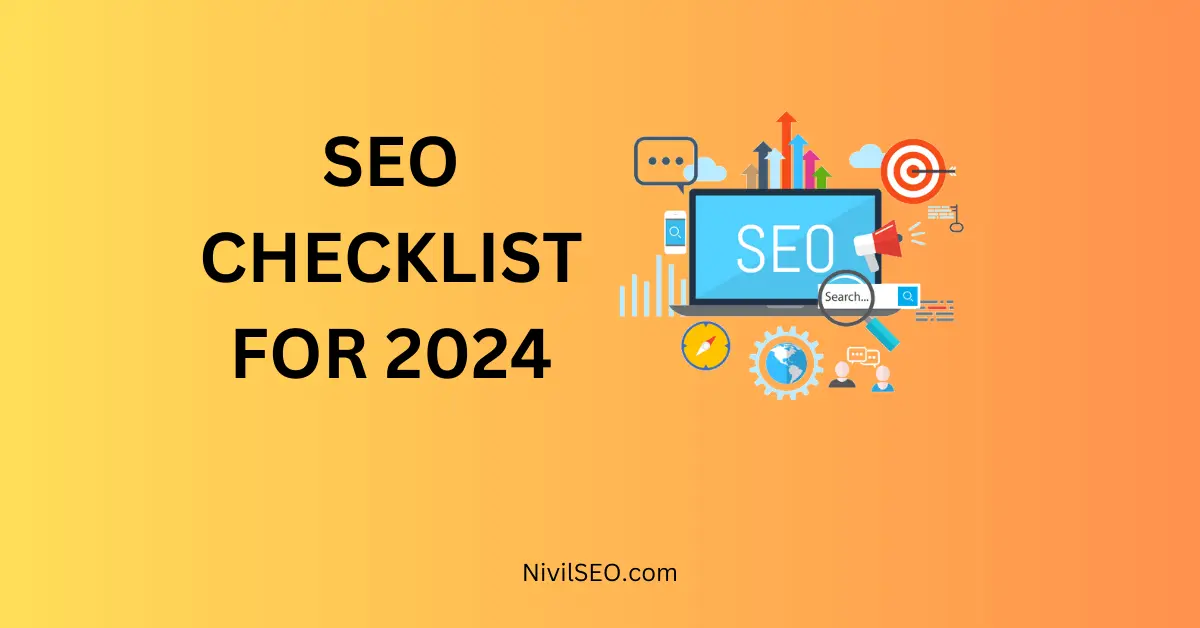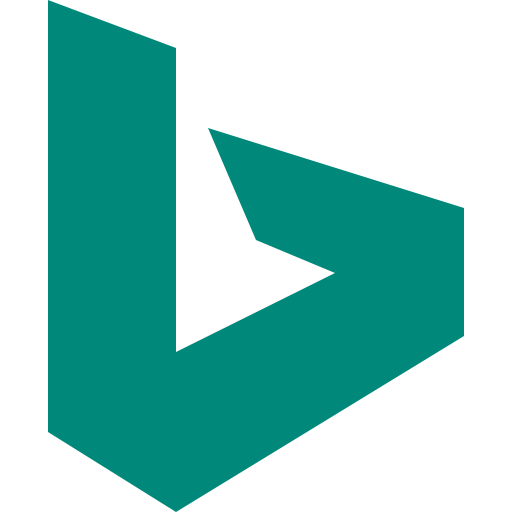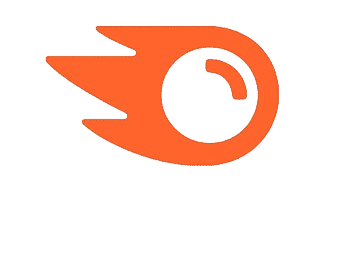Greetings, SEO warriors! Nivil SEO Expert here,
SEO is, after all a core staple of digital marketing in a dynamic world and is changing with every change in algorithm. The present search engine algorithms now value content over user intent, technical superiority, and great user experience. Keeping updated is always important to maintain a level ahead hence this definitive SEO checklist for 2024 will keep you step by step into the all-important steps towards dominating search rankings.
1. Keyword Research and Strategy
- Robots.txt: Ensure your robots.txt file is configured correctly, allowing search engines to crawl your desired website pages.
- XML Sitemap: Submit an up-to-date XML sitemap to search engines like Google and Bing, guiding them to all your website’s important pages.
- Broken Links: Regularly check and fix broken links on your website using tools like Screaming Frog or Semrush Site Audit. Broken links not only frustrate users but also hinder search engine crawling.
Website Speed Optimization:
- Page Speed Insights: Utilize Google’s PageSpeed Insights tool to identify areas for improvement in your website’s loading speed.
- Image Optimization: Compress images without compromising quality using tools like TinyPNG or ShortPixel. Large image files can significantly slow down your website.
- Minify Code: Minify your website’s code (HTML, CSS, JavaScript) to remove unnecessary spaces and characters, resulting in faster loading times.
Mobile-Friendliness:
- Mobile-Friendly Test: Use Google’s Mobile-Friendly Test to ensure your website displays correctly and functions seamlessly on all devices, especially mobile phones.
- Responsive Design: Implement a responsive website design that automatically adjusts its layout for optimal viewing on different screen sizes.
- Fast Mobile Loading Speed: Prioritize optimizing mobile page speed, as mobile users are more likely to abandon slow websites.
HTTPS Security:
- SSL Certificate: Implement an SSL certificate to encrypt communication between your website and users, ensuring a secure connection and potentially improving search engine ranking.
II. On-Page Optimization:
On-page optimization involves optimizing the content and structure of your website’s individual pages to improve their relevance and ranking for specific keywords.
Keyword Research:
- Conduct thorough keyword research to identify relevant search terms your target audience uses to find information related to your niche. Tools like Google Keyword Planner, Ahrefs, or SEMrush can be helpful for this purpose.
- Target Long-Tail Keywords: While including high-volume keywords is beneficial, don’t neglect long-tail keywords with lower search volume but higher conversion intent.
Content Optimization:
- Create High-Quality Content: Craft informative, engaging, and valuable content that addresses your target audience’s pain points, questions, and interests. Focus on providing solutions and establishing yourself as an authority in your niche.
- Keyword Integration: Integrate your target keywords naturally throughout your content, including titles, meta descriptions, headings, and subheadings. However, avoid keyword stuffing, as it can negatively impact user experience and search engine ranking.
- Content Formatting: Break up your content with headings, subheadings, bulleted lists, and images to improve readability and user engagement.
Meta Tags and Title Tags:
- Optimize Title Tags: Craft compelling and informative title tags for each page, accurately reflecting the page’s content and including your target keyword. Title tags are displayed in search engine results and play a role in click-through rates.
- Write Compelling Meta Descriptions: Create concise and engaging meta descriptions summarizing the content of each page. While meta descriptions don’t directly impact ranking, they can influence click-through rates.
Internal Linking:
Strategic Link Building: Strategically link to relevant pages within your website using relevant anchor text. This helps search engines understand the structure and hierarchy of your website and improves user navigation.
III. Off-Page Optimization:
Off-page optimization focuses on activities outside your website that influence your search engine ranking
Link Building:
- Earn Backlinks Naturally: Focus on acquiring high-quality backlinks from reputable websites relevant to your niche. Avoid link-buying schemes or manipulative tactics, as they can harm your website in the long run.
- Guest Blogging: Contribute guest articles to other websites in your niche, earning backlinks and establishing yourself as an expert in your field.
Brand Building and Social Media Engagement:
Build Brand Awareness: Increase your brand awareness through various online and offline marketing initiatives. This can indirectly improve your search engine ranking










